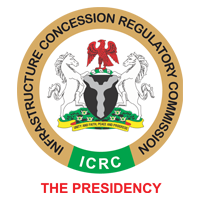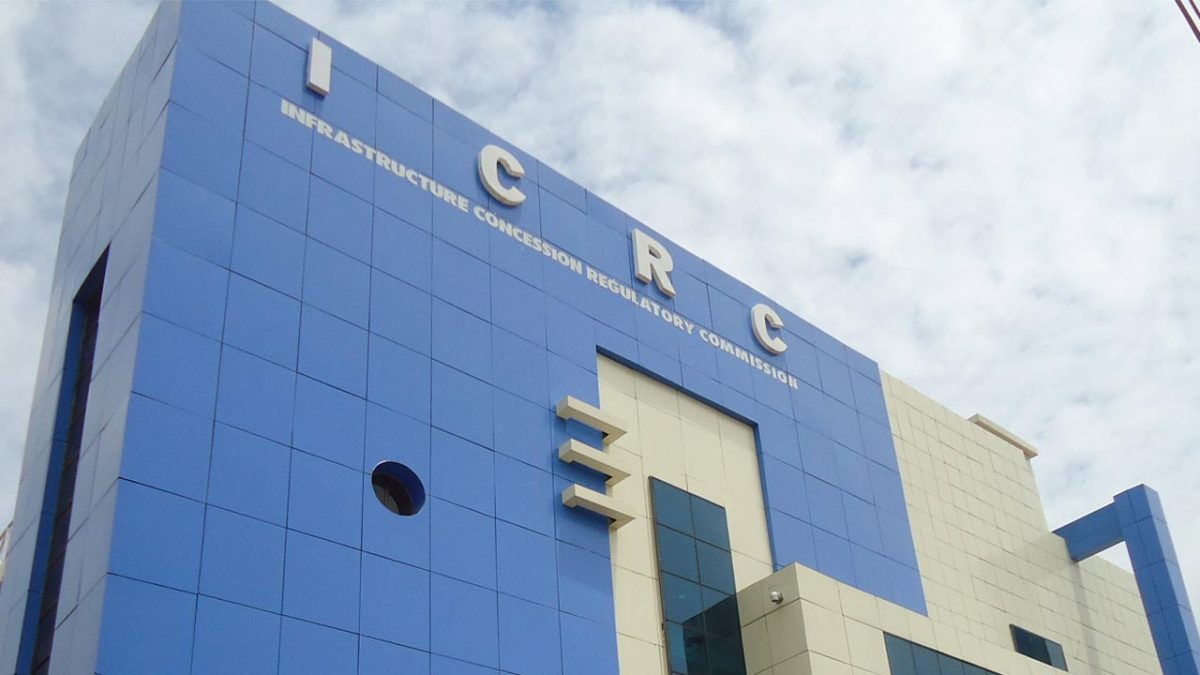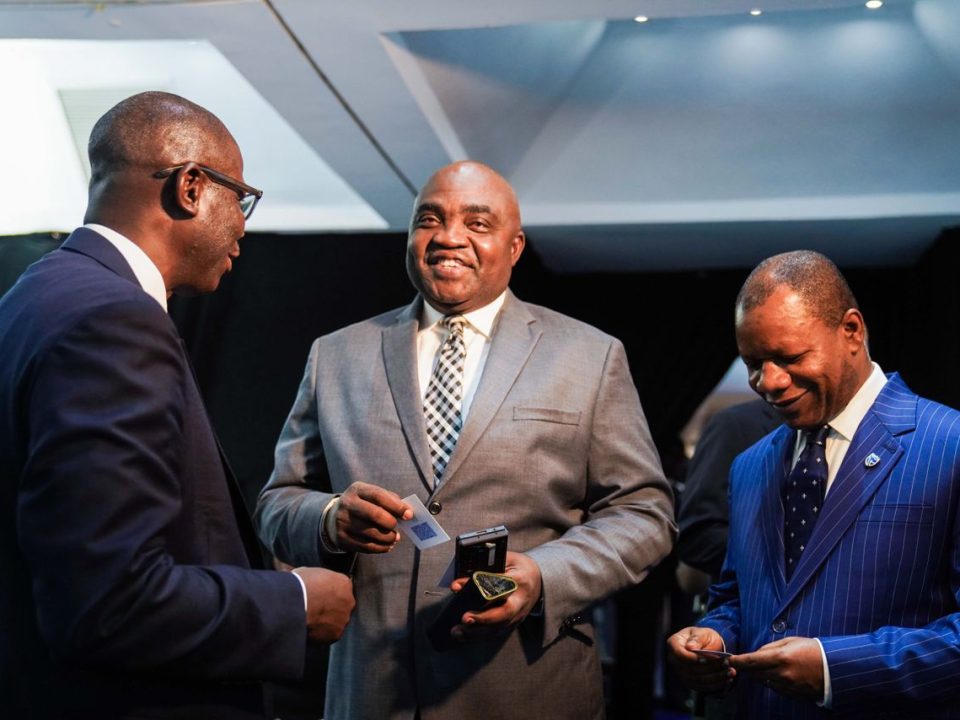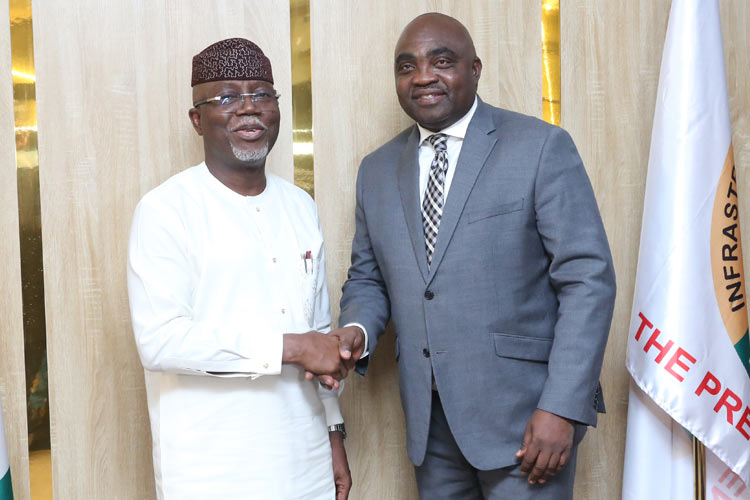To properly reposition the Infrastructure Concession Regulatory Commission (ICRC) as the regulatory concession agency in Nigeria so as to enable it fully deliver on its mandate, the Commission is seeking a review of its Establishment Act 2005 .
Confirming the development, the Communications Officer of the ICRC Mr. Patrick Ederaro told The Guardian that the House of Representatives Committee on Special Duties has slated a public hearing on the Bill for tomorrow in Abuja.
The Commission believes that the review of the Act in line with best global practices will spur the activities of the Public Private Partnership ( PPP) which currently is at its lowest ebb due to some factors militating against the smooth operation of the Act .
Accordingly, it is looking forward to inputs from key stakeholders in the sector to guide the lawmakers in the consideration of the Bill before them seeking among other things , an enhanced transparency in the PPP process to boost investors’ confidence, setting up of a special PPP account for accountability, and strengthening the Commission with penalty powers to speed up PPP transactions.
The review is also seeking to transfer all PPP powers to the ICRC to enable it function optimally. Established by an Act in 2005, the ICRC which came into full operation in 2009 has the mandate to carry out the following key concession regulatory functions: Develop and issue PPP policies and guidelines: Pre-contract regulations; Post-contract regulations; Champion PPP advocacy; Develop PPP market by promoting harmonised framework for development of infrastructure.
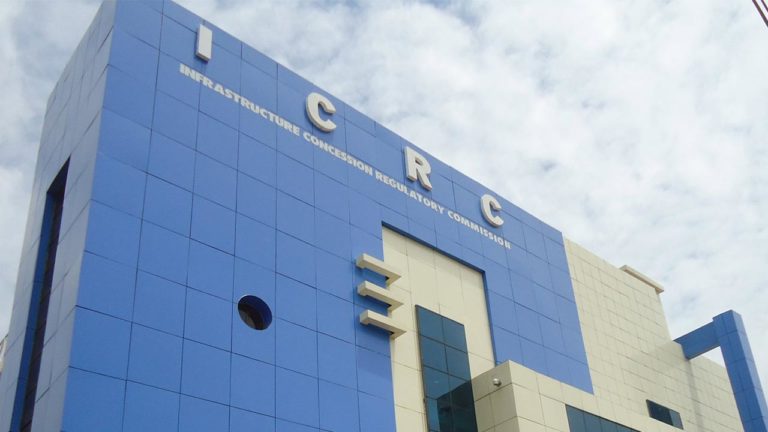 The Commission also has the additional task of creating environment for the private sector to enter into partnership with Government in financing, operations and management of infrastructure and allied services. The Commission is equally expected to monitor the implementation of PPP projects and midwife the complex arrangement that the PPP process entails, as well as, build capacity within MDAs to handle such arrangements themselves subsequently. The Commission mandate does not include project initiation, project development, approval, determination of output requirements and the duties of contracting authority.
The Commission also has the additional task of creating environment for the private sector to enter into partnership with Government in financing, operations and management of infrastructure and allied services. The Commission is equally expected to monitor the implementation of PPP projects and midwife the complex arrangement that the PPP process entails, as well as, build capacity within MDAs to handle such arrangements themselves subsequently. The Commission mandate does not include project initiation, project development, approval, determination of output requirements and the duties of contracting authority.
Already, only recently, with collaboration from the World Bank, the ICRC concluded its Full Disclosure Framework aimed at de- risking PPP investments in the country to make them attractive to investors, particularly foreign ones with big portfolios.
Overtime, however, management of the agency, particularly which swung into operation in 2009 has observed that ICRC is currently being impaired in the execution of some of its functions because some other government agencies continue to violate its Mandate as well as a Presidential directive to them to transfer all concessioning and other matters still being undertaken by them to the Commission as it is the only body vested with regulatory duties on concession and those functions listed in the ICRC schedule in the country.
But in a swift reaction, the Head of Public Communications of the BPE, one of the agencies which seem to be having a conflict of roles, Mr. Chukwuma Nwoko yesterday told The Guardian that his Bureau was not imparting any other agency’s brief because it clearly understands it brief and has been operating within the boundaries.
His words: “We clearly understand our brief as guaranteed by the BPE establishment Act so I don’t understand what you are talking about. If you go to our Schedule you would understand privatisation includes: assets sale; management contract; liquidation; commercialization; leasing and concession. I don’t know about any letter from the Attorney General’s Office because our remit is not in doubt at all.”
However, The Guardian obtained a copy of the Presidential directives‘ letter dated May 19, 2015 communicated to the ICRC and the BPE on their roles delineation.
Titled: “ Re- Concession Process for the NPA Warri Old Port Terminal ‘B’ by the BPE and Federal Ministry of Transport,” it was a response to the petition to the then President , Dr. Goodluck Ebele Jonathan and copied the Minister of Justice and Attorney General of the Federation, by the Chairman of the ICRC Board, former Senate President Dr. Ken Nnamani complaining of BPE”s seeming over- reaching action in the concession of the above listed Enterprises and seeking a clear interpretation of the roles of the two bodies as it concerns concession regulation in Nigeria .
The Guardian learnt from reliable sources at the Presidency that before the creation of ICRC in 2005, the BPE vide its 1999 Public Enterprises Privatisation and Commercialisation Act which purportedly limited its mandate to only privatisation of enterprises through sale of shares extended its brief to include concessioning wherein it gazetted all the approved State Owned Enterprises and has since concessioned some of them mainly, the Ports belonging to the Nigerian Ports Authority (NPA) and the three hydro power generation plants in Kainji, Jebba and Shiroro in Niger State, among others, including others concessioning activities the Bureau has been undertaking even after the ICRC has fully taken off, thus presenting a situation which presents a sort of conflict of roles between the two agencies of the Federal Government bodies.
This conflict is well known to the Federal Government and has been identified as one of the key barriers militating against a robust public private partnership (PPP) strategy in the country, which could help Government attract private capital to the delivery of infrastructure.
This much has been acknowledged in the Government’s Economic Recovery Growth Plan (ERGP) where it is advised that for the PPP barrier to be broken down, to attract massive investment in transport infrastructure and leveraging on private sector investment, the review of the ICRC Act was imperative.
The ERGP in its Strategy No 29 on Transport Infrastructure states in part: “ Review the ICRC Act to resolve conflicting legislation with the BPE and the Bureau of Public Procurement Act and strengthen the Commission’s regulatory mandate to facilitate private investment. “
Before this recent recommendation, The Guardian recalled that the directive by the former Minister of Justice and Attorney General of the Federation (AGF), Mr Mohammed Bello Adoke to delineate their functions where among others as follows: “ Every Federal Government Ministry, Agency, or Corporation or body intending to concession its infrastructure, to do so in accordance with the ICRC Act.”
The directive went on also to state that: “ It is the responsibility of the ICRC under Section 20 to among others ensure compliance with the provisions of the Act and perform such other duties as may be directed by the President from time to time to ensure the efficient performance of the functions of the Commission under the Act.”
ICRC seeks repositioning of concessioning through review of act
